Peter Mascher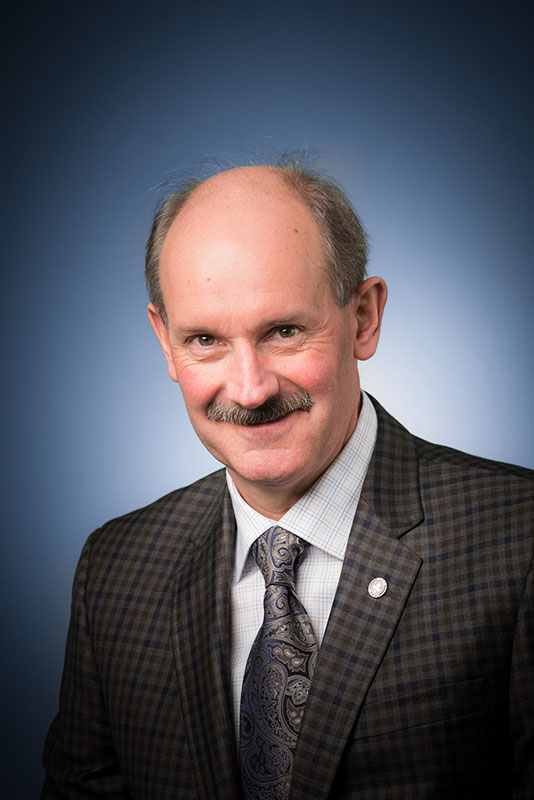 is a professor in the Department of Engineering Physics and holds the William Sinclair Chair in Optoelectronics at McMaster University in Ontario, Canada. There, he leads a research group specializing in the fabrication and characterization of nanostructures. Mascher was recently named technical editor of the ECS Journal of Solid State Science and Technology (JSS) in the area of dielectric science and materials.
is a professor in the Department of Engineering Physics and holds the William Sinclair Chair in Optoelectronics at McMaster University in Ontario, Canada. There, he leads a research group specializing in the fabrication and characterization of nanostructures. Mascher was recently named technical editor of the ECS Journal of Solid State Science and Technology (JSS) in the area of dielectric science and materials.
The Electrochemical Society: What made you want to take on an ECS editorial role?
Peter Mascher: I’ve been a member of the ECS Dielectric Science and Technology Division for many years and we’ve had many discussion on how to raise the quality of submissions to JSS and by extension, the quality of the journal overall. At some point in time, when the opportunity arises, one should try to make a contribution rather than just discussing it. I think there are avenues toward increasing the profile of the journal and I hope I can make a contribution there.
ECS: What do you hope to accomplish in your new role as JSS technical editor?
PM: I would like my colleagues who contribute to the ECS meetings in the various symposia to be much more aware of the journal and the opportunity to publish in JSS, which will help increase the overall quality. There should be a strong connection between the excellent presentations that are given at the various symposia at ECS meetings and the manuscripts that are being submitted to the journal.


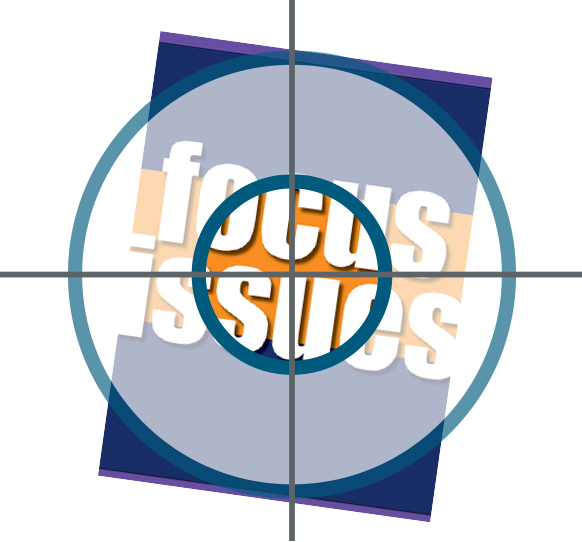
 The ECS Transactions (ECST) enhanced issues for the 233rd ECS Meeting in Seattle, WA, have just opened to submissions.
The ECS Transactions (ECST) enhanced issues for the 233rd ECS Meeting in Seattle, WA, have just opened to submissions.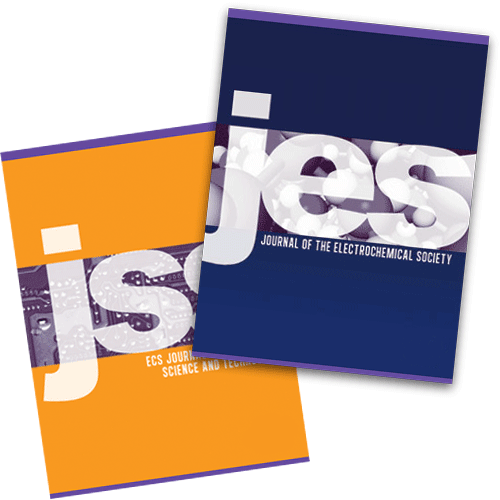 On January 1, 2018, ECS eliminated all charges for color figures published in the
On January 1, 2018, ECS eliminated all charges for color figures published in the 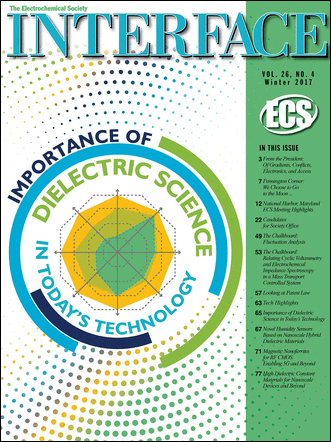
 This article was originally published in the winter 2017 issue of
This article was originally published in the winter 2017 issue of 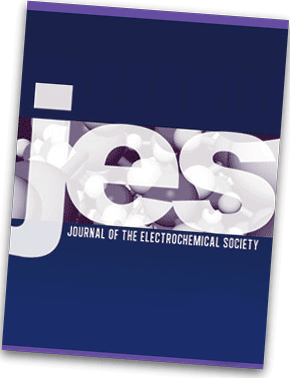 Over 1,840 articles were published in ECS journals in 2017, ranging from battery technology to materials science. Among those articles, “
Over 1,840 articles were published in ECS journals in 2017, ranging from battery technology to materials science. Among those articles, “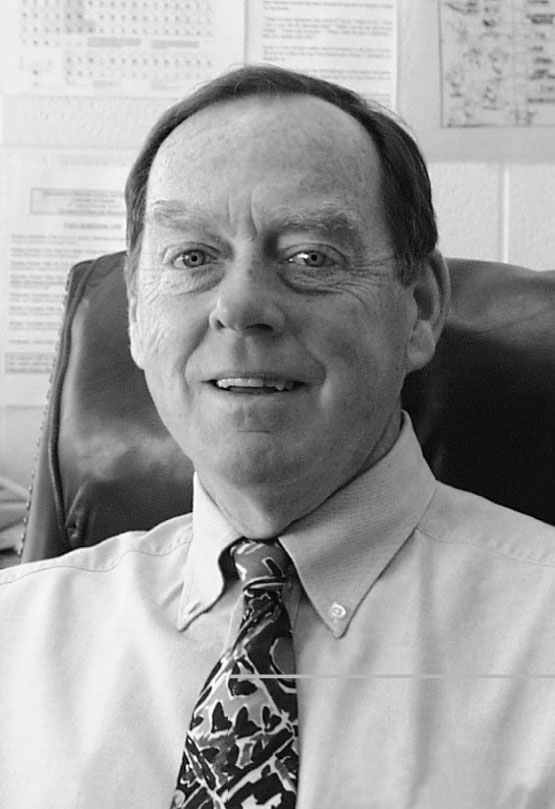
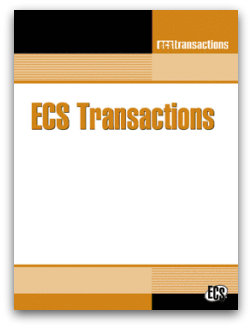 ECS Transactions 80(10) “
ECS Transactions 80(10) “ The following are the updated guidelines for submitting student chapter updates for publication in Interface.
The following are the updated guidelines for submitting student chapter updates for publication in Interface.